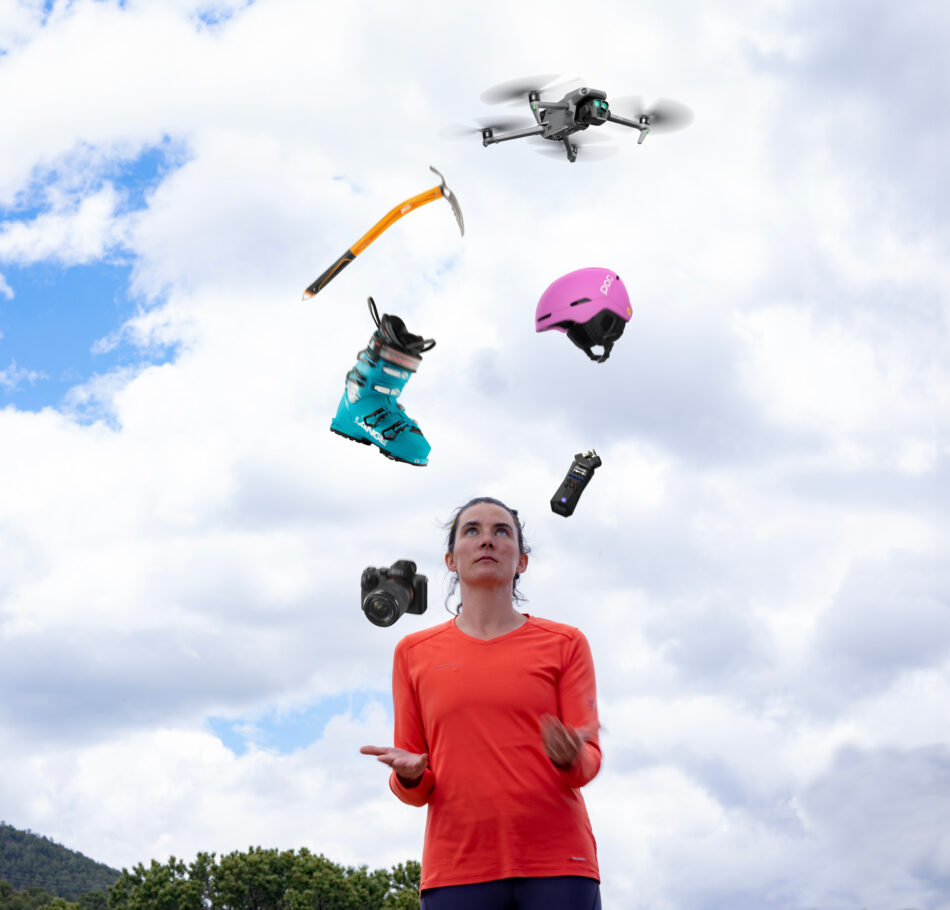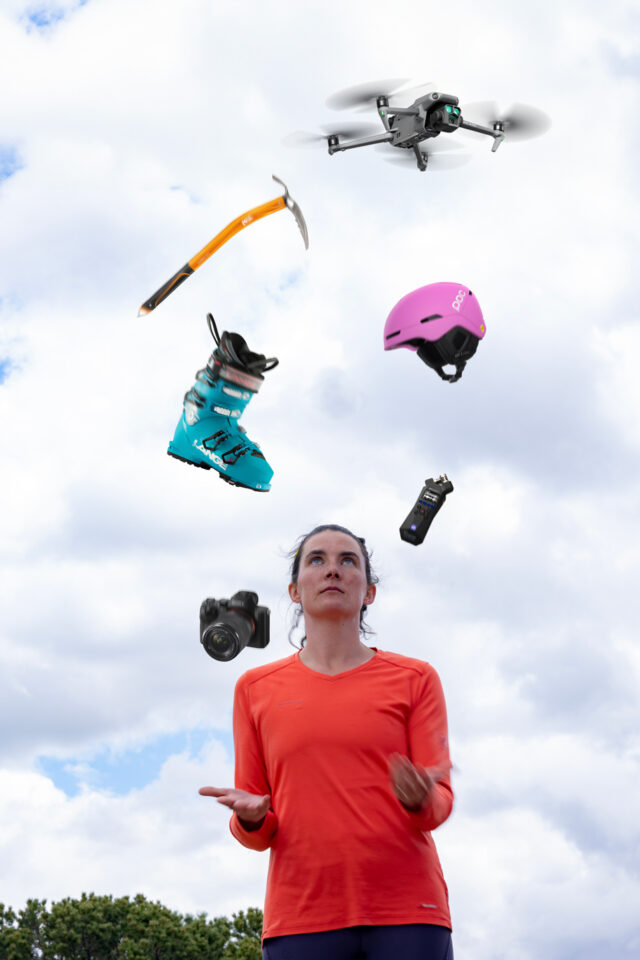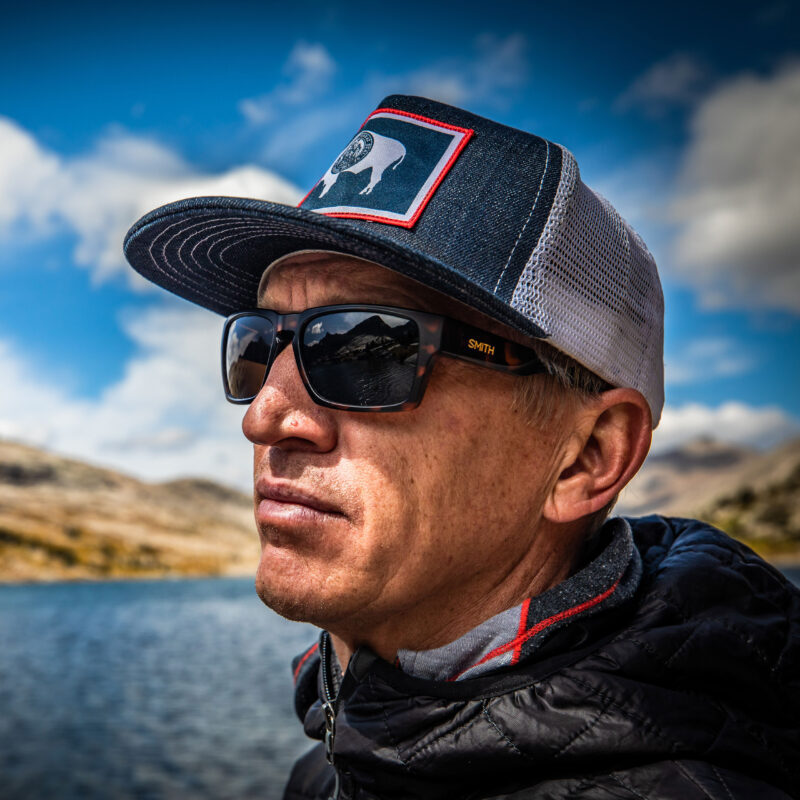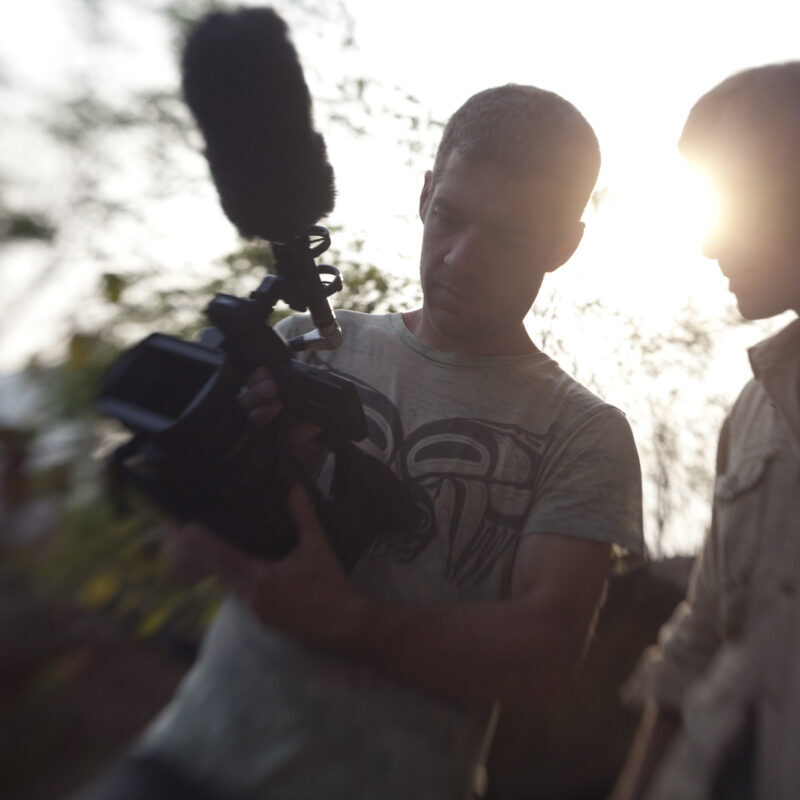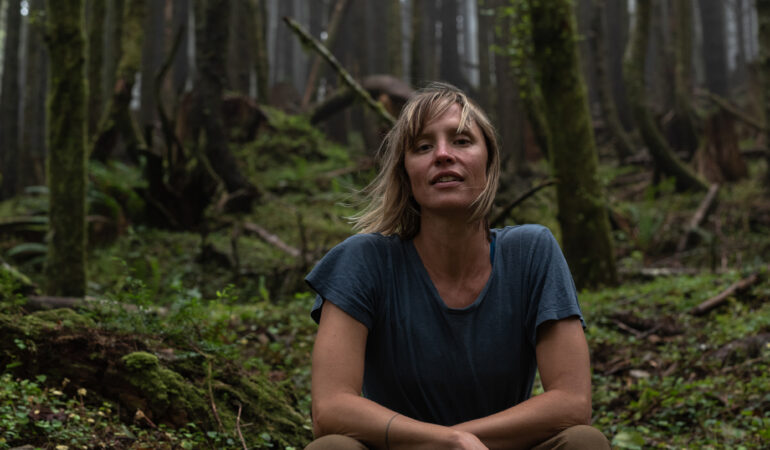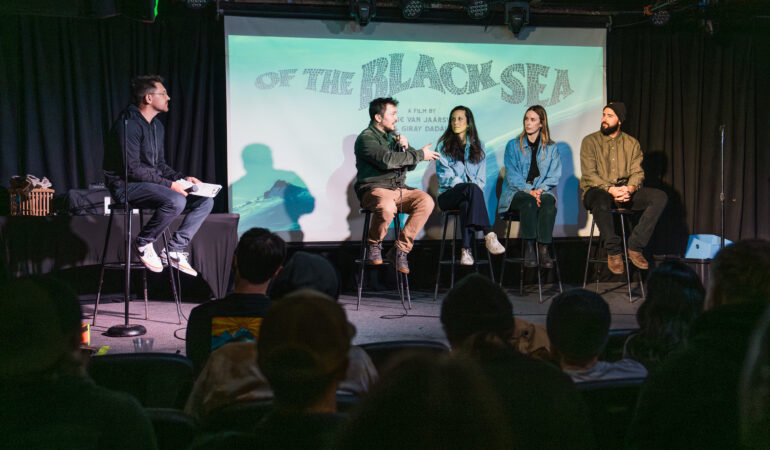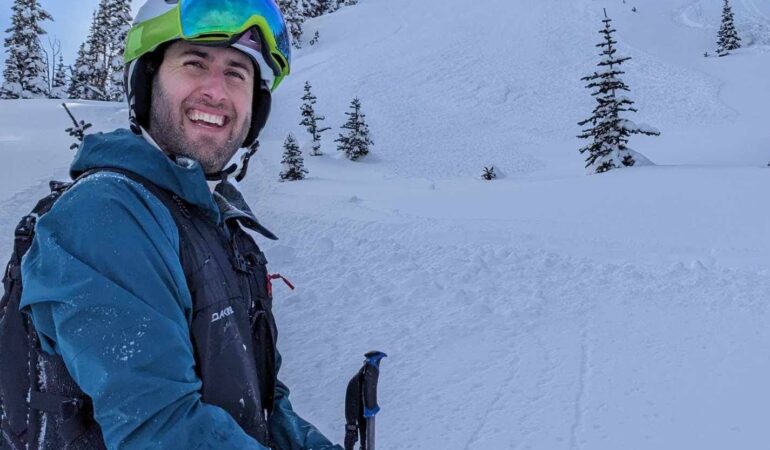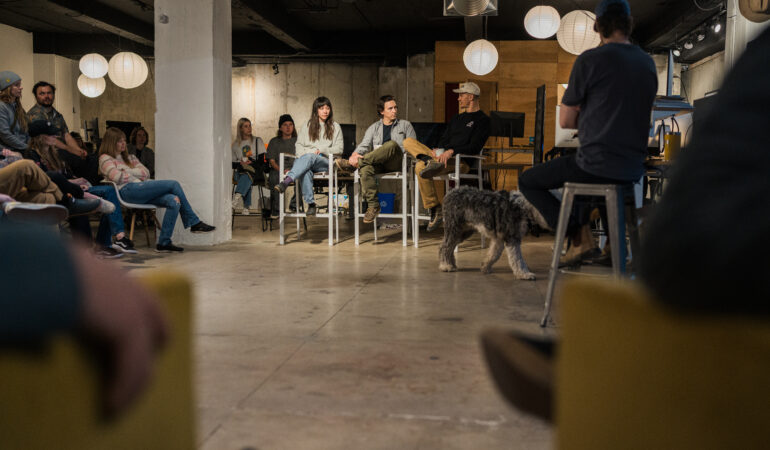Both Call and Collins have managed, through years of work, to add proper value to their jobs. “I used to get calls from a producer at NBC,” says Call. “At first I would just jump at it. But after a few shoots with them, I realized how much I was being overworked and undervalued.” After that sank in, Call started asking lots of questions about what his exact role would be on a job before he agreed to take it. If it sounded like he would be employed as a camera operator, then he would sign on at that rate. If it sounded as though he’d also need to direct, then he called himself a director and demanded that he be paid for that role.
“The more projects you take on the more you begin to understand what the roles are,” says Collins. “I can now look at a project and say, ‘oh, I’m going to be a producer on this project,’ and so that’s what I call myself and that’s what I’m paid for.”
Katie Crafts, who works as a recruiter and career consultant in Oregon, says that no matter the profession, you have to own the value you bring to your role. “You need to be as specific as possible about that because, by devaluing yourself, you’re not only not helping yourself, but you’re also not helping your next employer,” she says. “They might be looking for exactly the skills you’re hiding.”
Having a mentor to help you properly value your skills is helpful. But Collins says that a lot of knowing what you bring to the table and what you call yourself comes with experience. Which is why younger people and those that came into the creative industry from non-traditional paths tend to be ripe for imposter syndrome.
For Christine Tegg Wheeler, a support group—really it’s just a community of creatives—has helped. In 2022, when a Florida hotel came to her asking if they could buy some of the photos she’d taken for a well-below-market rate, she turned to her circle of creatives for advice. “We get together and talk about our jobs, pitches, rates, etc.,” she says. “They said to me, ‘you’re a photographer and you need to be paid what other photographers get paid.’”
Wheeler went back to the hotel and told them that, as a professional photographer, she needed to make a certain amount off her photos. The hotel paid her a fair price. And the experience further empowered Wheeler. She recently updated her pitch deck so that it better reflects her job: professional photographer.
